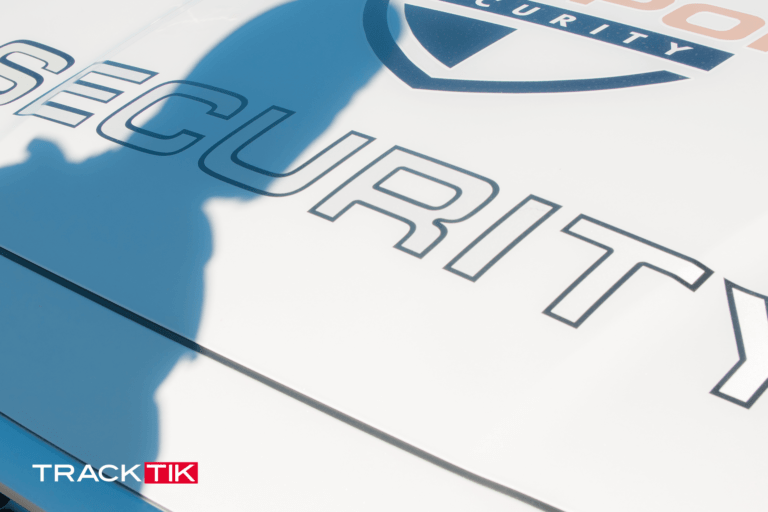With a constantly changing group of guests going in and out of the building each day, hotel security management teams have a lot of variables to worry about. After all, how do you ensure the continued safety of guests and employees when faced with constantly changing people and situations?
The unique challenges faced by hotel security management make guest safety and continued business operations top priorities: a business continuity plan is then essential for maintaining that safety. By understanding the potential threats a hotel faces, making plans to alleviate that threat, and understanding what needs to be done should disaster strike, security management teams can plan how to prevent major safety issues in their facility.
Analyzing Threats
The first stage of a business continuity plan involves a careful evaluation of the potential threats facing a facility. For a hotel, many of the threats revolve around the cycling in and out of guests, who rarely have to undergo background checks or security screenings prior to entering the premises.
What will you do if one guest attempts to assault another visitor? What happens if a hotel guest attempts to access a restricted area?
Of course, potential threats to a hotel and its guests aren’t limited to human actions. Environmental hazards associated with your physical location should also be carefully evaluated as part of your business continuity planning. While a mountain resort would rarely need to worry about a potential tsunami, this could be a legitimate threat to a beachside hotel. Some environmental threats could impact almost any location, such as a power outage, earthquake or flood.
Carrying Out the Plan
By understanding the threats their facility faces, hotel security management can use business continuity planning to enact policies and procedures that will help their team react appropriately when these potentially harmful situations arise.
In many situations, a hotel may not currently have adequate measures in place to account for all of the legitimate dangers to the property. A lack of security cameras could make it easier for unauthorized individuals to gain access to staff-only areas. A poorly maintained backup power generator could leave large portions of the hotel without electricity should a severe storm knock out the power grid.

To be truly successful, business continuity planning must do more than plan for how security personnel should react when a disaster occurs — it should also take steps to help mitigate potential threats. Whether the solution requires updating emergency signage or hiring additional security personnel, acting now to prevent disaster will always be much less costly than picking up the pieces after a security incident.
For a hotel, disaster mitigation procedures will directly impact both guests and staff — as such, key safety procedures (such as evacuation routes) should be clearly communicated to everyone who visits the property.
Benefits
Clearly, the most important benefit of a business continuity plan is its potential for saving lives, making this an essential security practice. Even the seemingly simple act of improving the fire evacuation routes in guest rooms can reduce the potential harm of that particular threat.
Business continuity planning also protects a hotel financially. Investing in threat mitigation ensures that hotel security management will avoid damage to the facilities and other expenses that arise when a preventable disaster occurs. Taking steps to improve safety and security can also decrease your risk of being held liable after a disaster.
Finally, business continuity planning prepares your team for what comes next after something goes wrong, but most importantly helps you get your activities back and running after an incident. Planning in advance will allow the recovery process to go much more quickly. A faster recovery will allow you to re-open your hotel much sooner after an incident, further minimizing your financial losses.



